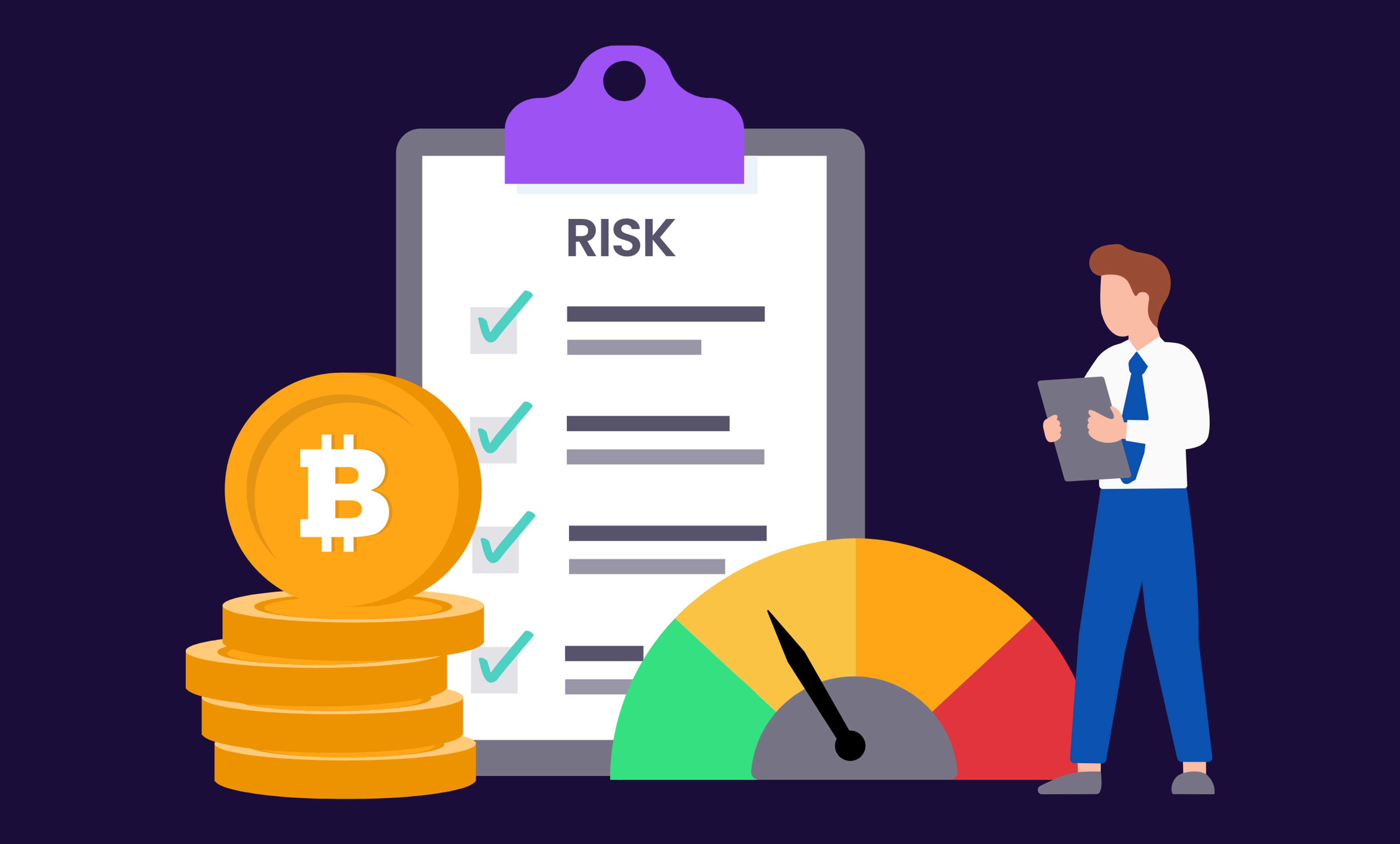
Investing in digital assets like cryptocurrencies can be an exciting opportunity for businesses, but also comes with unique risks. Unlike traditional investments, crypto assets are part of a fast-evolving market where volatility, regulatory uncertainty, and technological complexity can all play a role. Before dipping a toe into the market, it’s important to perform thorough due diligence, answering two fundamental questions: What are you investing in? and Why does it belong in your portfolio?
Understand the asset
- Performance history: Investigate how the crypto has performed in different market conditions - is there a trend of growth or stability? Consider if the asset has demonstrated resilience during market downturns or whether it’s driven by hype.
- Purpose of the asset: Evaluate what problem the asset aims to solve and whether it has a clear, practical use case. Reviewing its whitepaper and technical details can help you determine its value proposition. Assets with a strong, real-world application are more likely to demonstrate long-term viability.
- Underlying technology: Assess the problem the technology addresses and whether it offers genuine innovation and long-term value.
- Blockchain or infrastructure: Is the underlying blockchain secure, scalable, and innovative? Does the technology offer a unique advantage over competitors?
- Team behind the asset: Find out who’s behind the project and research the founders and developers experience, and reputation. Their credibility and track record in the industry can signal whether the project is reliable. An anonymous team or lack of transparency can be a red flag.
- Market position: Identify competitors and compare their offerings. Are there alternatives that may offer better returns or lower risks than the asset you are considering? Does one asset might offer a stronger investment case than others?
Assess the risks
Crypto comes with its own set of risks - some obvious, others less so.
- Regulatory concerns: Does the asset have unresolved legal issues or operate in a grey area? Unresolved lawsuits or unclear regulatory compliance can be major risks and also impact value. Ensure the asset adheres to legal standards in your jurisdiction.
- Volatility: How stable is the asset’s price? Sudden swings can affect liquidity and value.
- Security: Check that the platform where you intend to invest is secure - hacks and fraud remain persistent risks.
Does the digital asset align with your strategy?
Every investment should fit within your business’s broader financial goals. Consider these questions:
- Risk tolerance: Does the cryptoasset align with your business’ appetite for risk and can you withstand potential losses if it underperforms? High volatility might not suit businesses with conservative strategies.
- Time horizon: Is this a long-term investment, or do you expect short-term returns?
- Portfolio impact: Does the asset diversify and complement your existing investments or add unnecessary risk?
- How liquid is the asset? Before investing, determine how easily the asset can be bought or sold without significantly impacting its price. Limited liquidity can lead to challenges when exiting positions.
Practical tips for due diligence
- Verify information: Use trusted sources to gather insights. Whitepapers, reputable crypto platforms, and independent audits are great places to start.
- Track market trends: Understand the bigger picture - are industry trends favorable for the type of asset you are considering?
Close: make informed investment decisions
While digital assets offer exciting opportunities, they demand a careful and calculated approach. Taking the time to perform due diligence will not only reduce risks but also improve your chances of making investments that align with your business goals.
